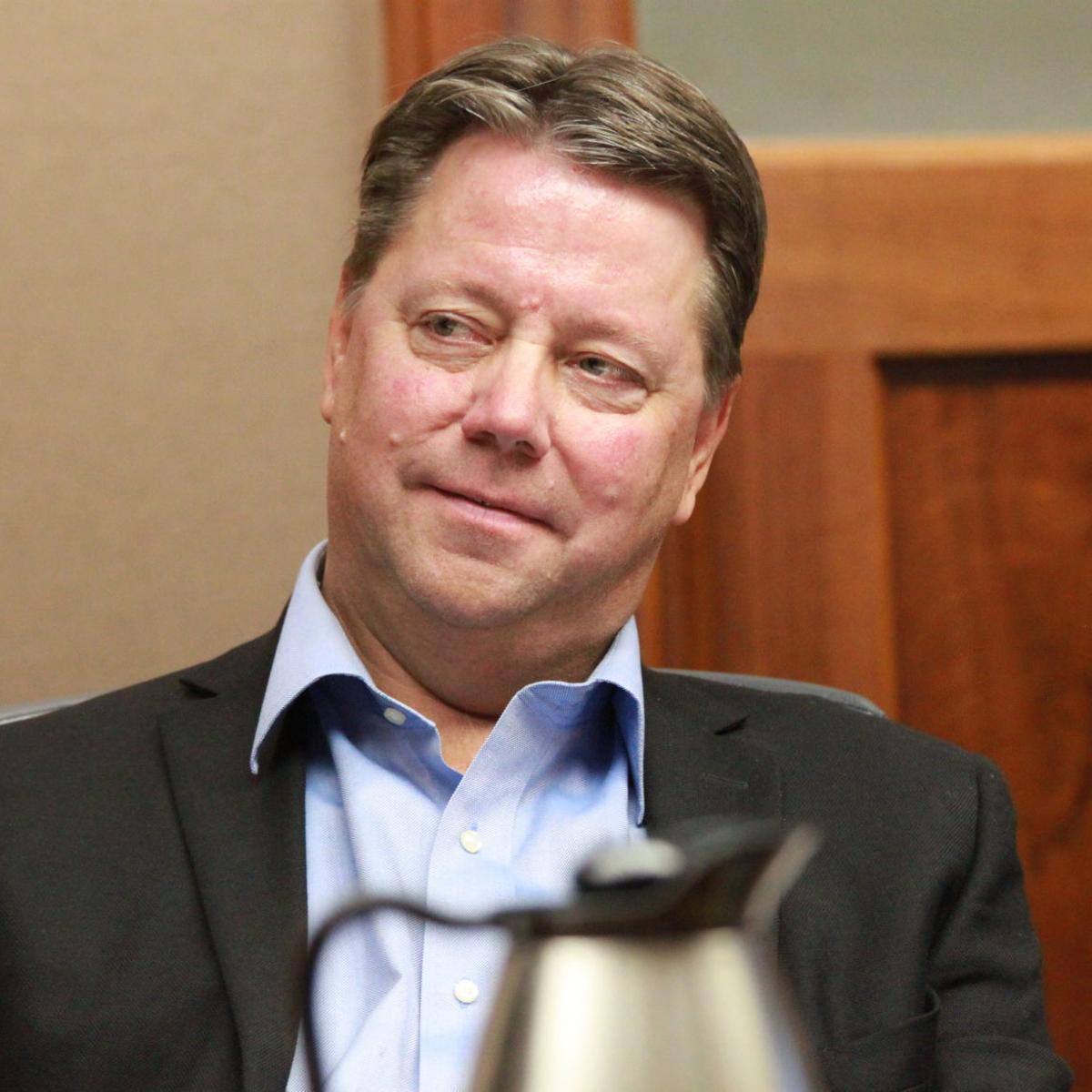-

-
Operation Prairie Dog Q&A with Rep. Nathe

GNDC sat down with Representative Mike Nathe, the lead sponsor on HB 1066, known as Operation Prairie Dog – a bill specific to addressing infrastructure needs across the state.
GNDC: HB 1066 was a precedent-setting bill that generated a lot of support this session, why did you get involved?
Representative Nathe: My involvement came mainly because of what I saw in my city of Bismarck. I saw $200 million worth of infrastructure needs due to growth and the repercussions of the oil boom; I got together with Senator Cook and Representative Porter, legislators in my area, who agreed. We met with Senator Wardner to create a solution. The Legislature has addressed and will continue to take care of, the needs specific to the oil patch, but in my mind, it’s time to take care of the rest of the state.
Can you define the difference between the bill that passed and the original first draft? Why were these changes necessary?
There were minor changes made. The biggest shift was the way the buckets filled. We added an additional bucket for cities and counties ahead of the general fund. This additional bucket would fill to $30 million, once full it would get kicked out to the local level. Then $400 million would need to fill the general fund bucket before going back to the large city/counties buckets. This put the state first and ensured there was protection, in case of a slow down. This preliminary smaller bucket allows for the planning process to get funded so communities are prepared and shovel-ready.
Airports were a piece of this bill – why were they included?
Growth is shown at airports. Boardings are going through the roof for the state. Fargo (Hector) Airport is growing by leaps and bounds. They are looking at attracting big shippers who will need big terminals/spaces. To do this, airports need to increase in size to ensure they have the ability to attract. Bismarck is also working on its airport to ensure they remain operational and competitive. Other airports across the state are building too. Airports are vital to infrastructure and commerce in North Dakota.
How did the coordination of this bill work between the House and the Senate?
Senator Cook, Senator Wardner, Representative Porter and I started working a year and a half before legislative session. We looped in the press and the Governor’s office. Promoting the bill wasn’t hard; both sides of the aisle supported it. We even saw candidates during the election providing their support for the bill. The bill sold itself, demonstrating the need for an infrastructure focus, North/South/East/West didn’t make a difference – it was everybody’s bill. If we could have had 50 co-sponsors, we would have. This bill was bipartisan – we appreciate the work that Representative Mock put in. It’s just the beginning – it will take years to update and build infrastructure.
Thank you to Representative Nathe for continuing to champion business in North Dakota; we appreciate your partnership and continued collaboration.
Photo credit to John Hageman / Forum News ServiceTell a Friend
-
The catalytic leader and unifying voice for economic prosperity throughout North Dakota.

